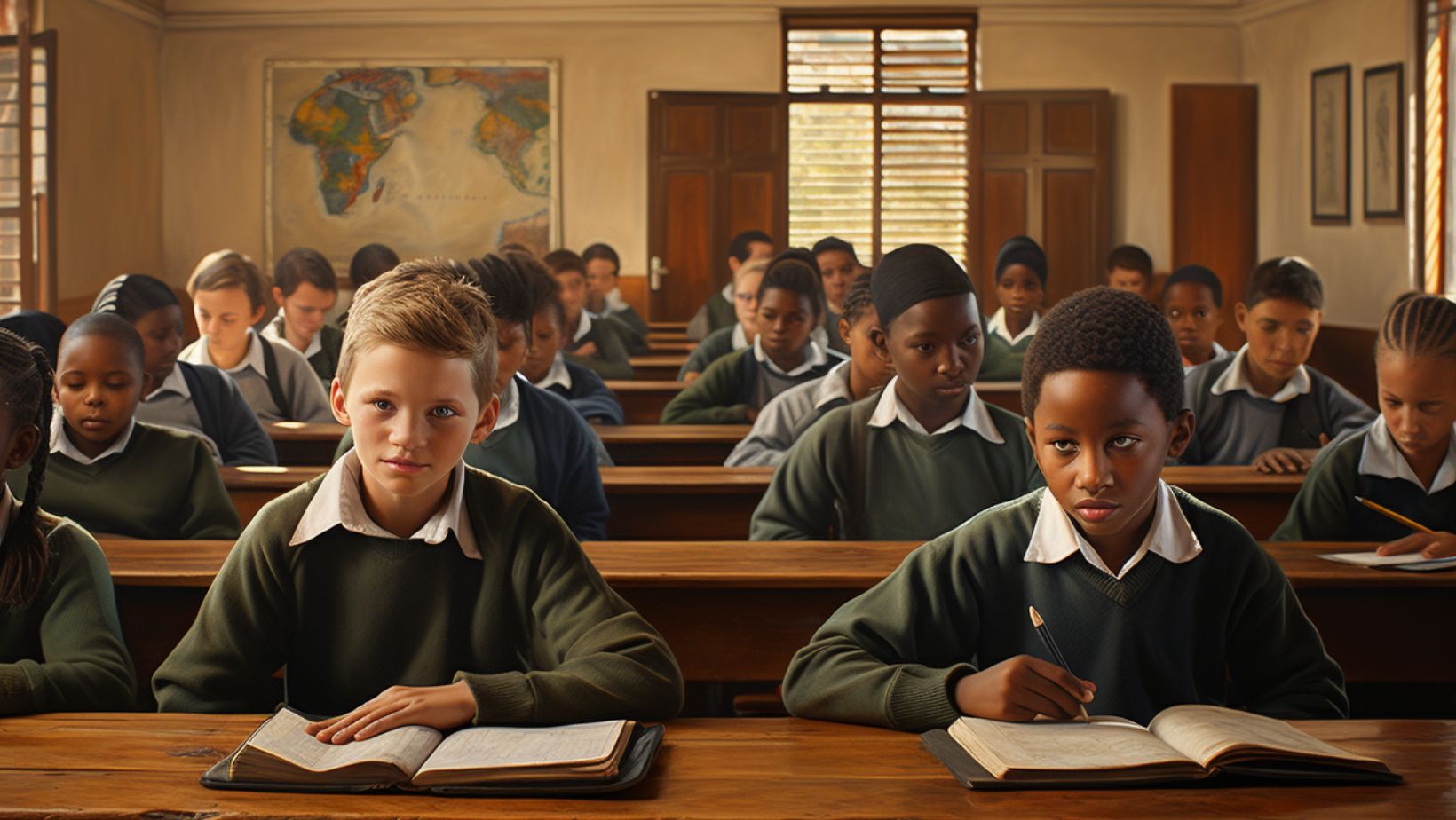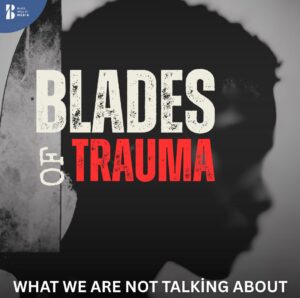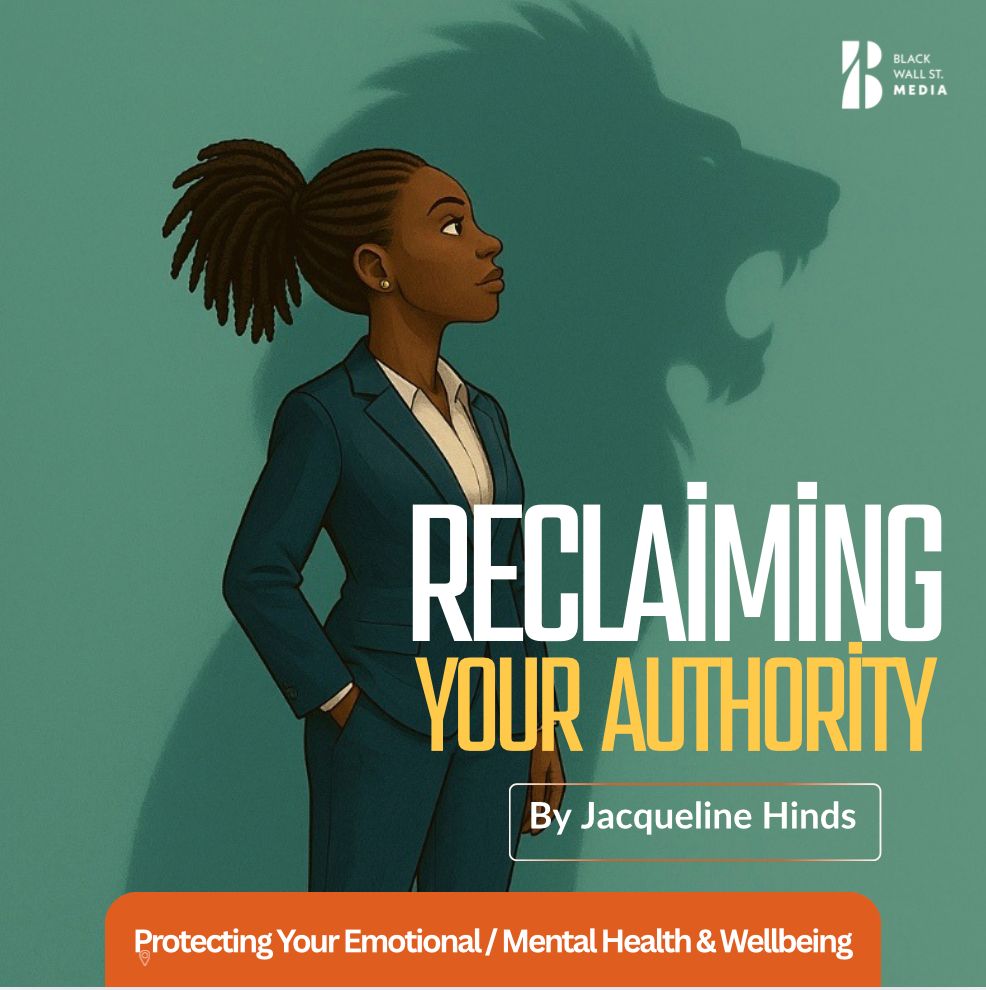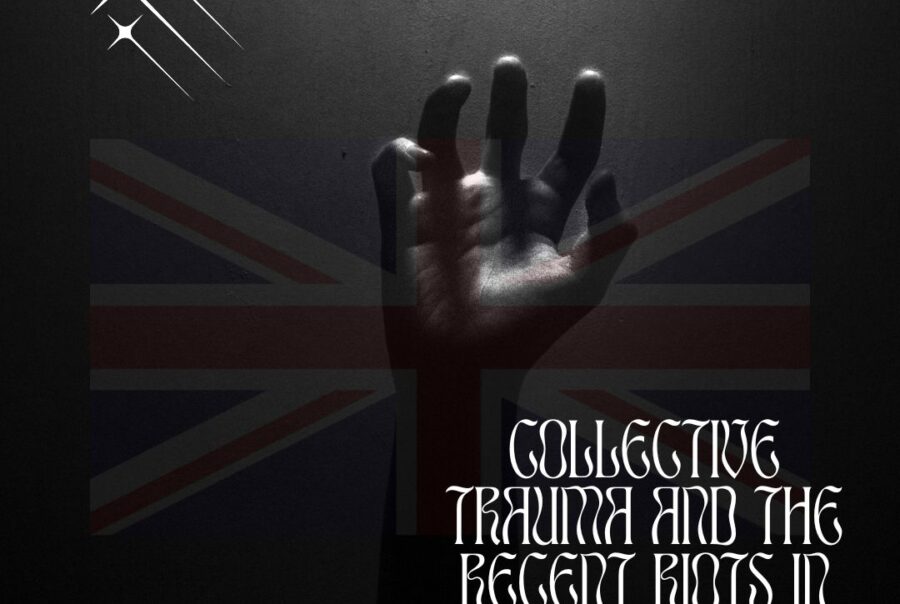EDUCATION
Educating for empowerment not exclusion
“Young lives are at stake, and we need to address the flawed system that unfairly excludes and fails our youth. Let's advocate for inclusive education, support vulnerable students, and build a brighter future for all.”
Anthony PeltierEducational Columnist
“Eight young People at risk of Permanent Exclusion in South London Schools”
A 13-Year-Old Child Permanently Excluded from a South London School. While a Missing Person Investigation is Still Live
Our lives are shaped by our experiences, moulded by our environment, and refined by the lessons we learn. As a young Black boy growing up in Hackney, East London, my story is no different from that of many Black boys and men over the last 50 years.
However, one constant, one driving force impacted my life in a paramount way: education.
This was the defining force that shaped my life. It offered me the opportunity to defy the odds stacked against me, providing not only knowledge but also the empowerment to challenge stereotypes and strive for success.
In a community marked by inequality, access to quality education for me was the key to breaking the cycle of disadvantage we were all subjected to in our community.
The sad reality is that today’s educational institutions, those that hold the lives of our young people in their hands, are failing numerous young people across the country.
Weekly, distressed parents approach me as their children face the agony of suspension or exclusion from schools.
The current system is tarnishing an alarming number of young lives, with these children unfairly excluded from schools due to their learning pace (the speed and manner at which individual children grasp and process information) or behavioural challenges.
This fundamentally flawed approach is a human rights issue that should concern us all.
In Southeast London alone, I am supporting eight young individuals, some on the brink of exclusion and others who have been suspended or excluded entirely from education.
One such case is a young girl excluded from her school during her final year, despite being set to sit nine GCSEs with expected grades of seven to nine.
It is disheartening to think that such potential was dismissed due to behavioural challenges coupled with emotional well-being and mental health struggles.
This bright young child’s parent and family are working together to raise funds to register all her GCSEs and secure various tutors with a tutoring centre before the GCSE registration deadline.
The local authority is adamant that they will not support an alternative to the local PRU, a setting that can only support the young person to sit three of her nine GCSEs.
In another school in the same borough, a member of staff alerted a parent that she believes her 13-year-old child is being groomed by older boys.
This parent stated extraordinarily little was put into place to safeguard her son. Some days later, the child went missing, and the police were notified.
The mother walked the streets looking for her son, but to no avail. Several days later, the child arrived at school, entered the building, and took a coat from another child.
The mother informed me that the school emailed her some days later, stating her child had come into school and robbed a child of his coat and they had made the decision to exclude her son.
The distraught mother stated the school did not call her on the day he arrived in school but saw it fit to permanently exclude him from his education at the school.
Did her son arrive at the school because he felt it was a place of safety? She will never know because it has been 56 days, and her son is still missing.
The educational landscape is rife with similar situations where children with Special Educational Needs and Disabilities (SEND) are being transitioned to alternative provisions that lack the essential support mechanisms.
These moves, known as “managed moves,” frequently occur due to behavioural challenges associated with their SEND, effectively isolating, and penalising the very children who require the most assistance.
This practice highlights the urgent need for inclusive and comprehensive support systems within both mainstream and alternative educational settings to ensure that children with SEND receive the tailored assistance they require to thrive academically and personally.
We must advocate for a shift in the current educational paradigm, one that embraces diversity, prioritises the well-being of all students, and provides the necessary resources to support those with additional needs.
It is crucial that schools implement comprehensive strategies for addressing behavioural challenges and promoting emotional well-being, ensuring that all students have the opportunity to thrive in a safe and nurturing environment.
To combat the concerning rise in knife crime, it is imperative to begin by addressing these issues within our school systems.
It is crucial to reevaluate how schools perceive and address “challenging” behaviours.
Instead of resorting to suspensions and exclusions, which can be detrimental to the development of young minds, we must strive to create safe and supportive environments within schools.
This entails offering vital pastoral support, expert guidance on behaviour management, and a curriculum that equips our young learners with the essentials for survival and success in these complex times they are forced to navigate.
However, amidst the challenges, there are stories of hope. Recently, in a secondary school in South London, I intervened in a case of permanent exclusion and successfully facilitated a managed move for a year 9 boy.
His reaction to an assault had led the school to perceive his actions as a serious concern, resulting in his inability to continue at the school.
Fortunately, the new school he now attends possesses a profound understanding of the societal challenges faced by young boys, maintains high expectations for behaviour and personal development, and boasts a diverse team of teachers and senior leaders who comprehend the needs of their pupils.
As the child completes his 10th week in the managed move, it is evident that he is thriving in this supportive environment.
In my role as a volunteer advocate, I am supporting ten children grappling with these issues – nine from South London schools and one from a North London school.
Alarmingly, all these children are of Black descent and predominantly boys, pointing to an insidious racial undercurrent within this crisis. In worst-case scenarios, exclusion can lead to the perilous ‘pipeline to prison,’ as children miss education and the personal development it affords. This is a tragic consequence of the current system, requiring urgent addressing.
Furthermore, it is essential for schools to collaborate with, parents, community organisations, mental health professionals, and local authorities to establish a network of support for vulnerable students.
By working together, we can create a safety net that prevents young people from slipping through the cracks and provides them with the guidance and assistance they need to overcome adversity.
Education should not be a privilege reserved for a select few, but a fundamental right accessible to all.
We owe it to our young people to provide them with the tools and opportunities they need to succeed, regardless of their background or circumstances.
It is only through a concerted effort to reform our educational system that we can truly have influence in the lives of our youth and build a brighter future for generations to come.
It is a grave mistake to view young people through a lens of problems to be managed. We must instead see them as potential – potential that needs nurturing, guidance, and empathy.
As we strive for change, let it be clear – my intent is not to name and shame schools, but to promote awareness, evoke empathy and incite action.
Anthony Peltier
Bleed Control Education – Developing a Change Mindset
Free Advocacy Service:
https://consultancy.ifgpublishing.co.uk/service/family-advocacy
Black Wall St. MediaContributor








































